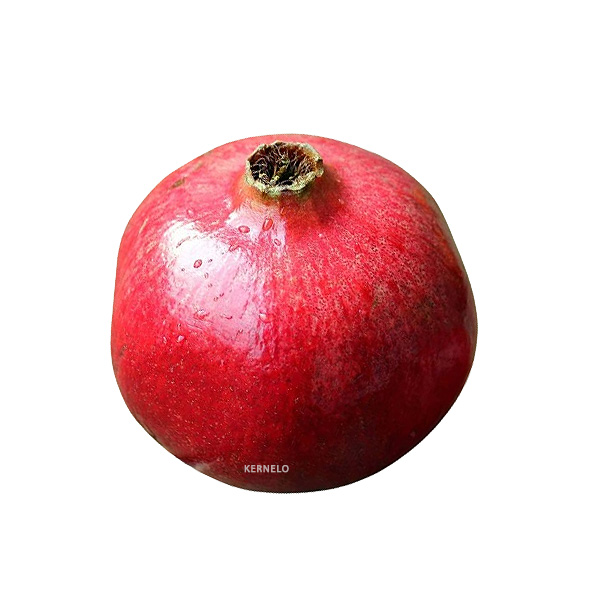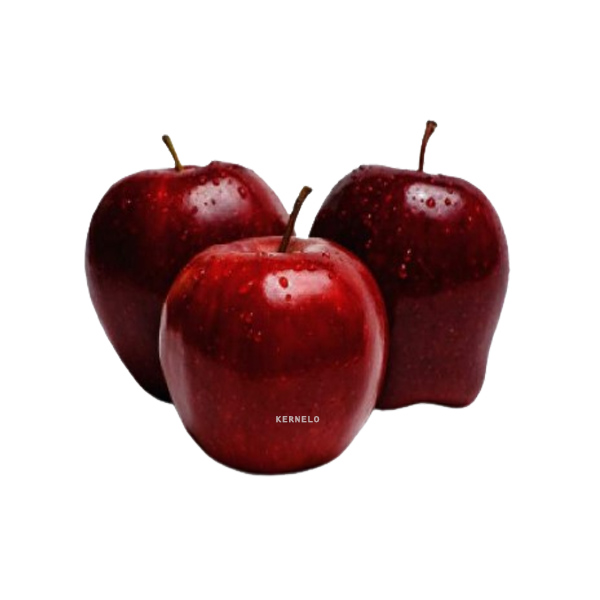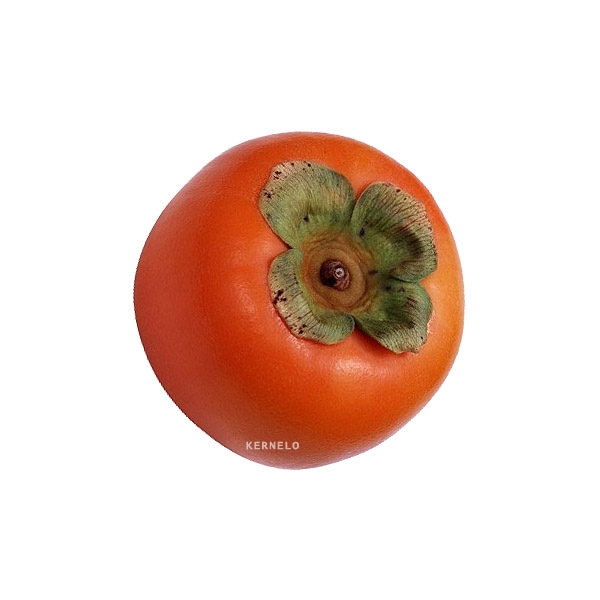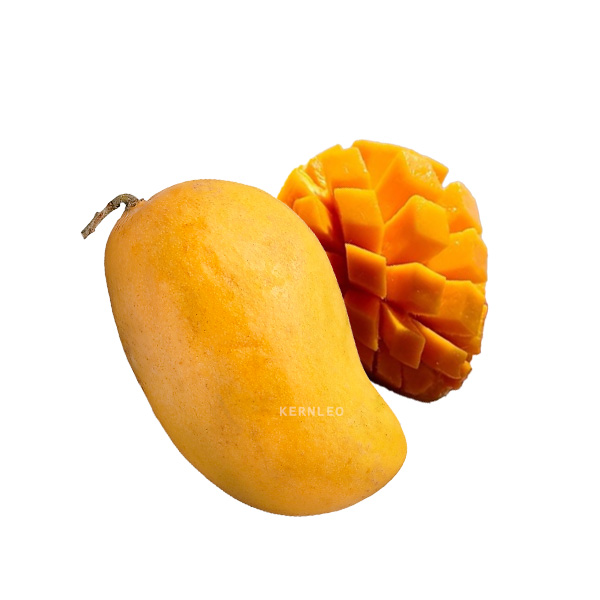Products

Pistachio Shell
January 9, 2024
Sunflower Seed Oil
January 19, 2024Pomegranate
Pomegranate
Pomegranate is a deciduous fruit from small tree native to the region between Iran. This fruit is cultivated all over the Middle East , Asia, some europiean countries and United States. The fruit of the pomegranate is known for its special appearance, with a tough, outer rind that encases hundreds of juicy seeds. Pomegranates are typically round and have a thick, leathery, and reddish pink to purplish outer rind. The edible part of the fruit consists of arils, which are small, juice filled sacs that contain seeds. The arils are the part of the pomegranate that is commonly consumed.
Pomegranate arils have a unique flavor that is a balance of sweet and tart. The taste can vary slightly depending on the specific variety . Pomegranates are rich in antioxidants, particularly punicalagins and anthocyanins. They are also a good source of vitamin C, potassium, and dietary fiber.
Pomegranate can be enjoyed in various ways. The arils can be eaten fresh, juiced, or used to garnish salads, desserts, and savory dishes. Pomegranate juice is a popular beverage, and pomegranate molasses, made by reducing the juice, is used in cooking. Pomegranates have been associated with various cultural and religious symbols throughout history. In some cultures, they are considered a symbol of fertility, prosperity, and good luck.
Pomegranates have been used in traditional medicine for their potential health benefits. Research suggests that they may have anti-inflammatory and antioxidant properties, and they have been studied for their potential role in heart health. Pomegranates are not only valued for their unique flavor but also for their potential health benefits. Whether enjoyed fresh, as juice, or as part of various dishes, pomegranates add a burst of color, flavor, and nutritional value to a variety of culinary creations.
Top Producers:
India
China
Iran
Turkey
Afghanistan
US
Iraq
Pakistan
Syria
Spain





Reviews
There are no reviews yet.